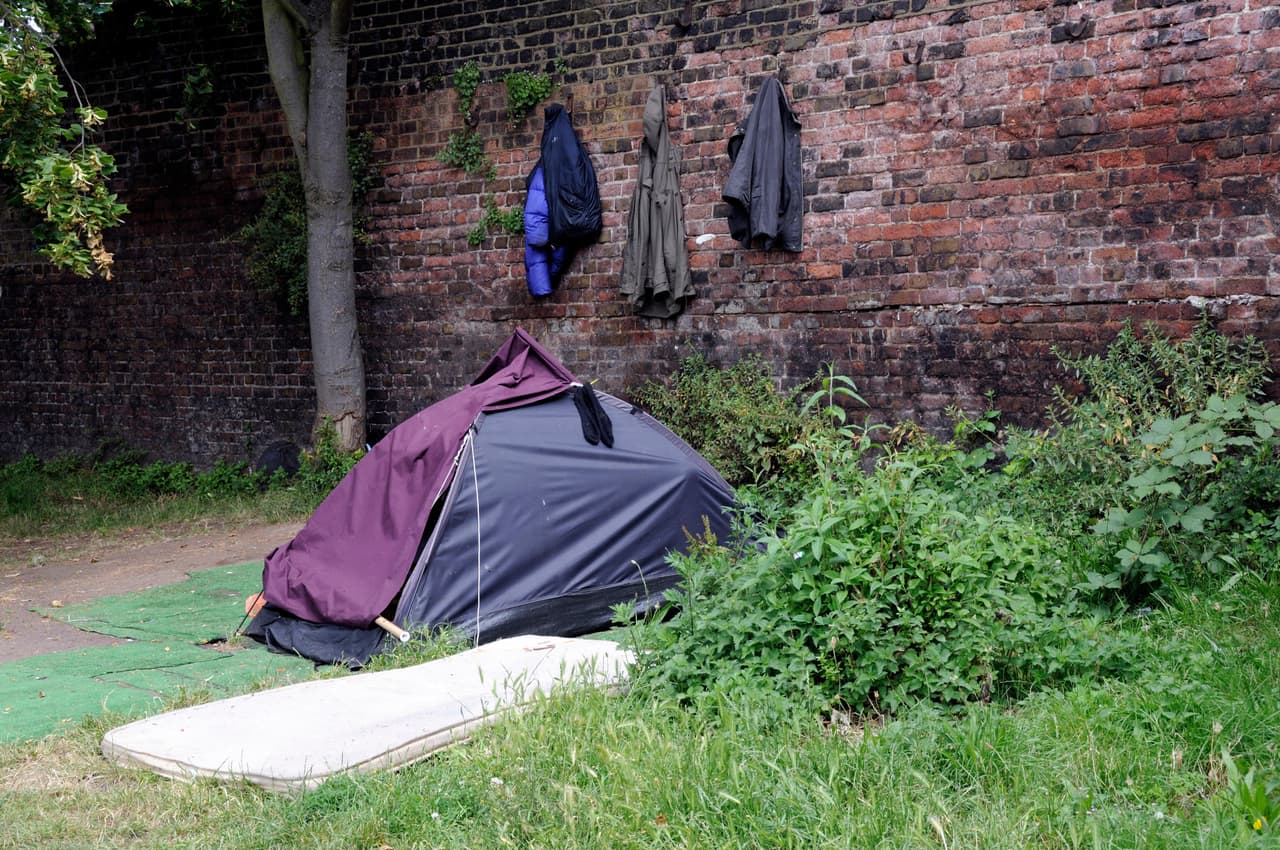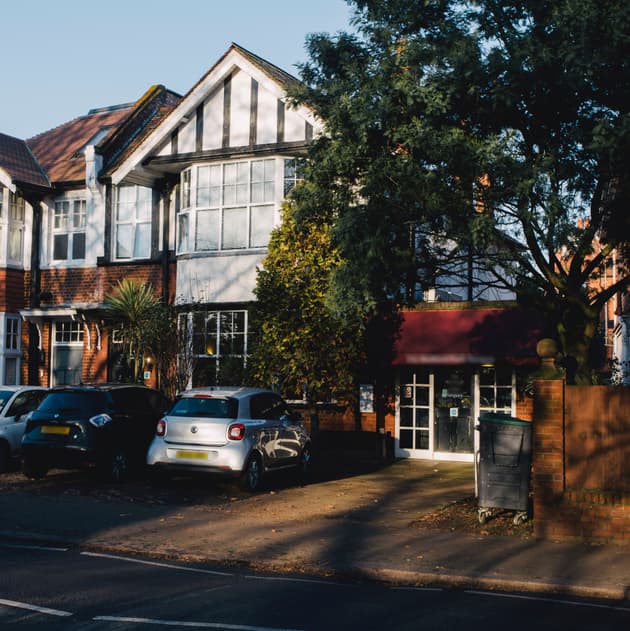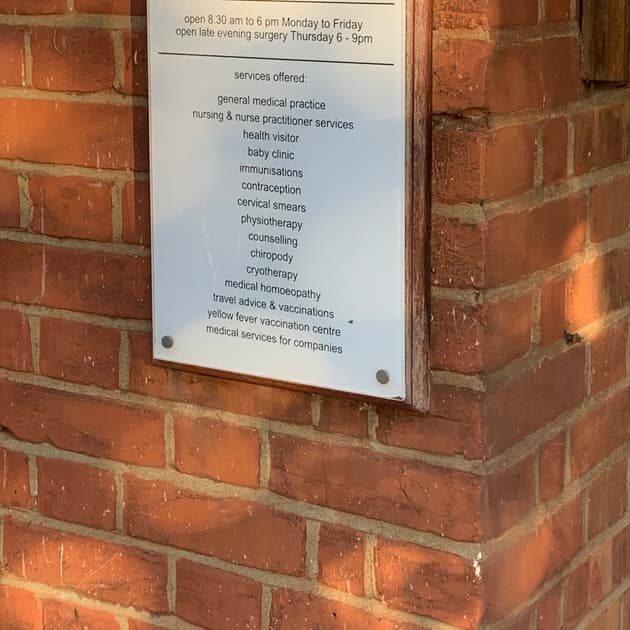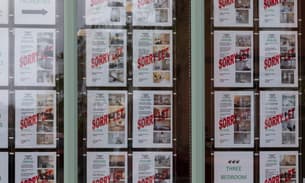
Islington to drop NowMedical over homelessness assessment fears
Islington council is planning to stop using NowMedical to assess people applying for help with homelessness, the Bureau can reveal.
More than a hundred councils have paid the company to provide medical assessments, which authorities have used to make decisions against providing emergency or permanent housing – despite controversy around NowMedical’s methods, as revealed by the Bureau.
Diarmaid Ward, the councillor in charge of housing and development, confirmed that medical assessments will be made, where possible, by an in-house occupational therapist, without commissioning advice from NowMedical.
Ward said that the decision was made in response to concerns about medical assessments outsourced to private contractors. Councillors had been shocked to discover that NowMedical officers rarely, if ever, met the often highly vulnerable people on whom they were advising, and instead made assessments based solely on paperwork. In several instances the company’s assessments have differed wildly from those made by the applicants’ own doctors.
“We understand that a resident can sometimes feel anxious when making a housing needs application and we want to offer reassurance,” Ward said.
The council admits that employing an in-house therapist will be more expensive than using the company, which charges £35 for a basic assessment report. “It will cost more. But we want to offer an excellent service to our residents. This is very important to us and it’s a price worth paying,” Ward added.
Last month the Bureau revealed widespread concerns about how councils were relying on the advice of doctors employed by NowMedical. The six-strong team, led by Dr John Keen, provides an estimated 14,000 assessments to councils per year, an average of 55 a day, according to Freedom of Information requests.
The Bureau found that at least 118 councils across England have used NowMedical, spending more than £2m of taxpayers’ money since the start of 2014.
Ward said that if any of those councils were now reconsidering using the company, he would be happy to help. “I’d be very happy to talk about how you can do it differently with any council that feels like the system of outsourcing medical assessments to a private company is concerning.”
Islington council spent £30,000 on NowMedical assessments in 2018. Lucas Cumiskey, a journalist for the Islington Gazette, has previously revealed that there were concerns within the council over using the company.
Although Islington will need to build a medical assessment process from scratch, Ward said that bringing the system in-house will chime with the council’s approach to other services over the past eight years. “It gives us a lot more control of the process and if we feel someone needs to be seen in person then we have that option. It just made a lot of sense,” he said.
 The GPs' surgery that serves as the registered business address of NowMedical
Alex Sturrock
The GPs' surgery that serves as the registered business address of NowMedical
Alex Sturrock
 A sign outside suggests the practice offers medical services for companies
Alex Sturrock
A sign outside suggests the practice offers medical services for companies
Alex Sturrock
The council’s draft budget also proposes an additional £280,000 to prevent homelessness. “We are also employing some more specialist housing needs officers, including a complex needs officers specialising in health related issues,” Ward said. “We have 14,000 families on our housing register, this is the biggest issue we face in the borough by far.”
If the proposals pass into the finalised budget the new systems will begin in April.
The Bureau’s investigation into NowMedical has also prompted the medical charity MedAct to create a campaign against outsourcing medical assessments. Siddhartha Mehta, an economic justice campaigner at Medact, said: “Companies like NowMedical take advantage of squeezed public resources, profiting from the fact that there isn’t enough housing for everyone who needs it – so it’s positive to see a local authority dropping them.
“Bringing the assessments in house will ensure public scrutiny, but in reality the decision is just tinkering at the edges of the ongoing housing crisis. High-quality housing is one of the most important factors for good health. Government must take urgent action to ensure safe, secure and affordable housing is available to everyone.”
Ward said: “It's not easy because this is all about a lack of genuinely affordable homes, a lack of council homes. And if we had a government that would help us build council homes rather than stack the deck against us then this would be an awful lot easier. But we are in the unenviable position that we have to try and allocate an increasingly scarce resource as fairly as possible.”
Header image: A tent pitched by Regent's Canal in Islington. Credit: Alamy
Our reporting on the housing crisis is part of our Bureau Local project, which has many funders. Our work on the housing crisis was supported by the Bertha Foundation. None of our funders have any influence over the Bureau’s editorial decisions or output.





